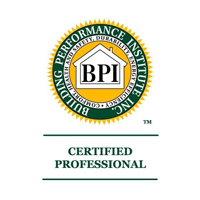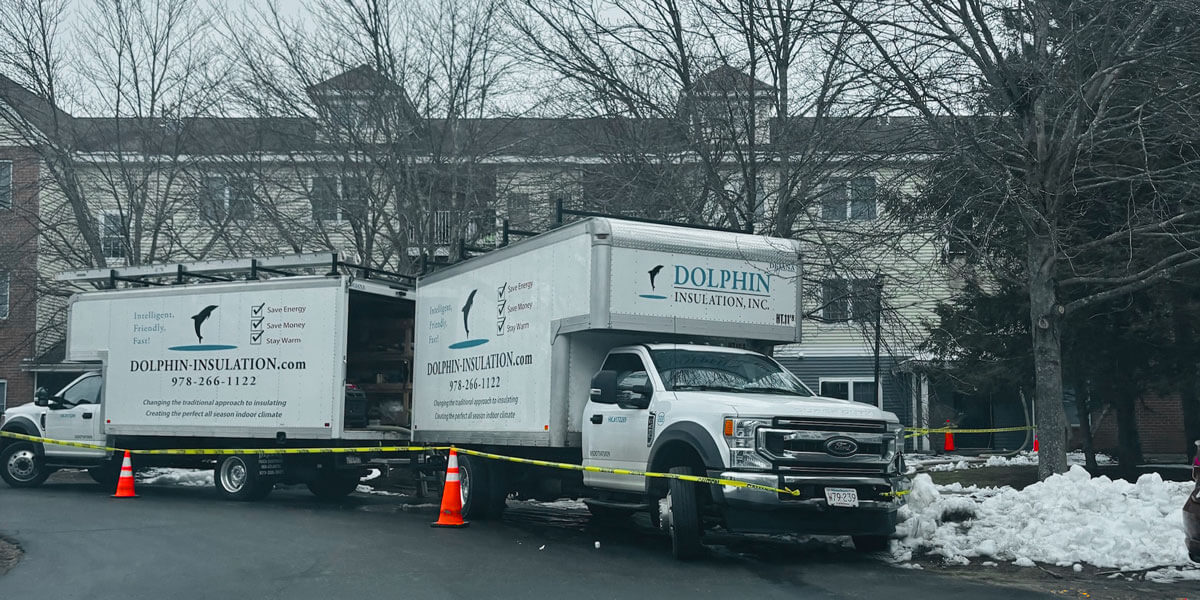When you decide to upgrade your home’s heating system, it’s time to explore all of your heating options. Every home is different, so a certain heating system may work better in your home than in your neighbor’s. Improving your home’s system will reduce your heating bills in the upcoming winter months and will save you money. In an insulated and air sealed home, your heating system’s efficiency is the second step to conserve more energy and keep heat in your home.
When you research your options for heating systems, you will no doubt discover furnaces, boilers, and ground source heat pumps. Know the facts to choose the best system for your home.
Today, furnaces are between 80% and 98% efficient. Their efficiency is a measure of seasonal performance: the annual fuel utilization efficiency (AFUE). Traditional power combustion furnaces are generally 80-82% AFUE. Furnaces above 90% AFE are known as “condensing” furnaces. This means that the furnace recaptures some of the heat that a traditional system would release and waste, by condensing escaping water vapor.
When selecting a new furnace, there are many factors to consider. The American Council for an Energy-Efficient Economy (ACEEE) recommends a condensing furnace for New Englanders. Furnaces use a significant amount of electricity, mostly to power the fan motor. Variable speed fan motors are generally more efficient and will save you hundreds of dollars of electricity each year. Finally, make sure that the furnace’s heating capacity is not too high for your home. Most furnaces are unnecessarily oversized. A heat analysis in your home will help you know the heating capacity that your furnace must have.
Boilers are also between 80% and 98% AFUE. The efficiency of new boilers is a measure of overall performance of annual fuel utilization. All boilers manufactured after 1992 must have a minimum AFUE of 80% (old boilers generally have ratings of only 55-65%). ENERGY STAR boilers all have an AFUE of 85% or higher. Like furnaces, condensing boilers are more effective in New England’s colder climate. Look for boilers that have controls that reduce the amount of heat lost through the pipes during an off-cycle period (warm days). Find a boiler with integrated controls instead of add-ons. Also, make sure that your boiler is one with low power usage. The amount of electricity used will vary with the weather and your home’s characteristics, but a boiler with low energy usage will decrease the overall use of electricity.
Ground source heat pumps are much more efficient than air-source heat pumps, and are better suited for colder climates than their air-counterpart. However, ground source heat pumps are uncommon and often expensive to install. Despite the cost of installation, your energy bills will drop significantly, especially if you need to replace your water heater as well. Most ground-source heat pumps include a “desuperheater,” which uses excess heat to heat up water for no added cost during both heating and cooling modes. With ground source heat pumps, you not only efficiently control your home’s temperature, but you also heat your water at no extra cost.
Now that you know some of your options, it’s time to upgrade your heating system. Insulation and air sealing hold your heat inside during the cold months, so make sure that you are heating effectively in order to conserve even more energy.















